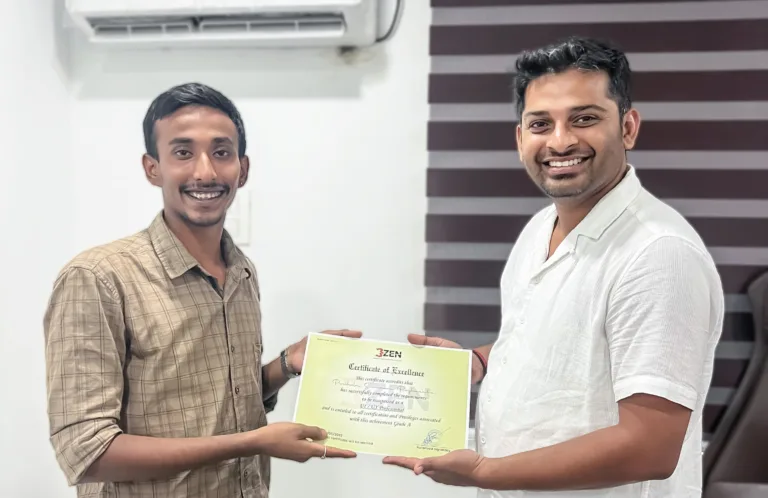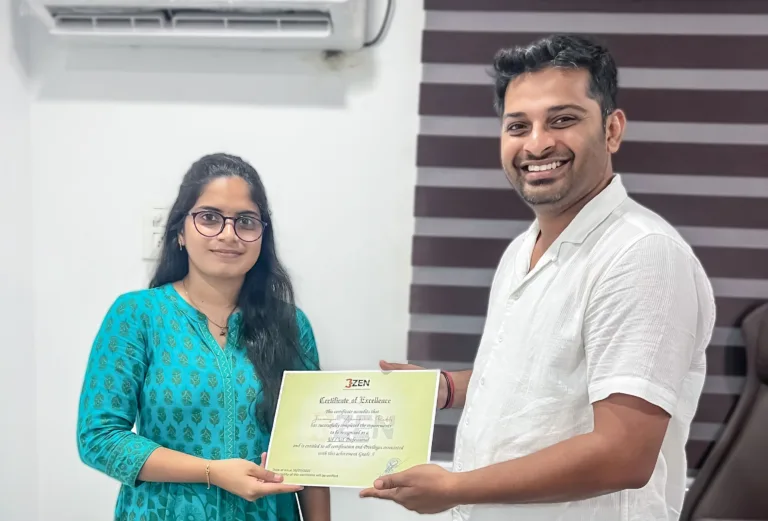Java Full Stack Course in Anantapur
3 Zenx’s java training aims to deliver in-depth information and instruction on front end, back end, and middleware java developer technologies.
GCP Course in Hyderabad
-
100%PLACEMENT ASSISTANCE
-
HANDS ON ASSIGNMENT
-
MOCK AND FINAL INTERVIEW PREPARATION
-
PRACTITIONER APPROACH
-
EXPERIENCED FACULTY(20+YEARS)
-
PROFILE BUILDING/RESUME WRITING SUPPORT





